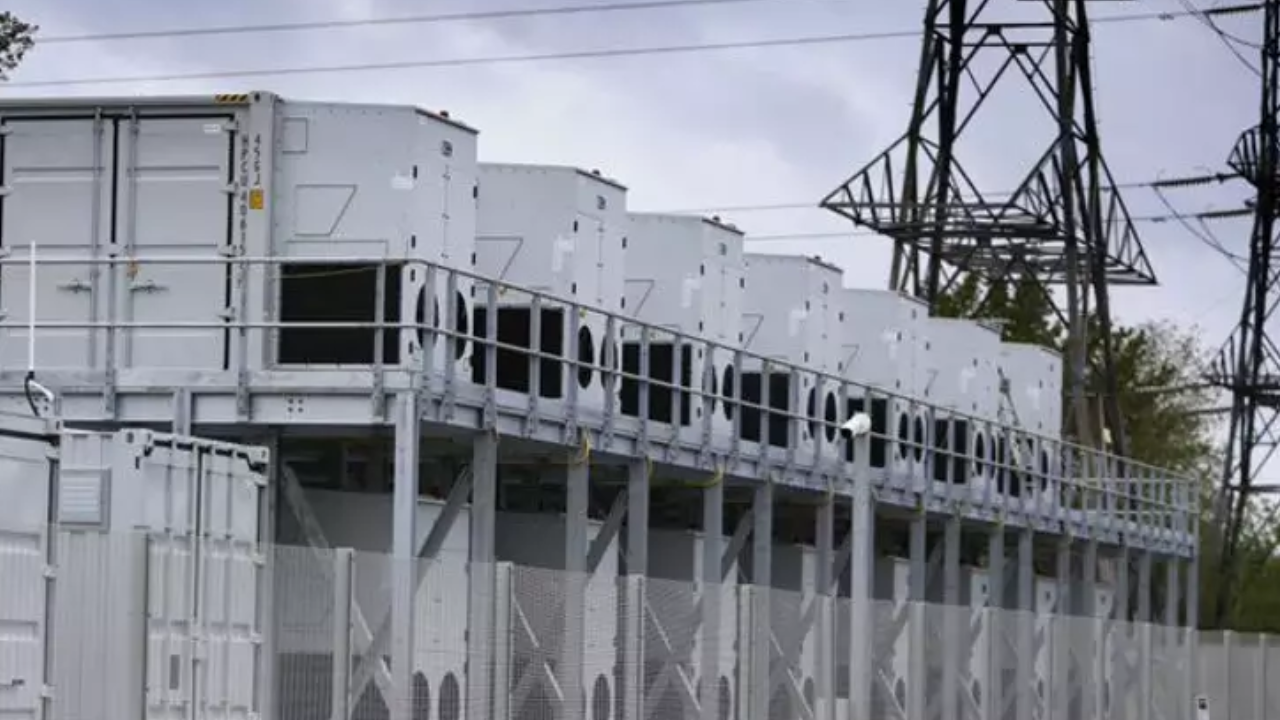Battery Energy Storage Systems (BESS) are innovative solutions that play a critical role in current energy management. BESS, which consists of critical components such as battery modules, a Battery Management System (BMS), power conversion systems, and energy management systems, allows for the effective storage and recovery of electrical energy.
These systems store extra energy during periods of low demand or high renewable generation, releasing it during peak demand or as needed. The battery management system assures safe and efficient operation, while the energy management system orchestrates intelligent energy usage based on real-time data.
BESS contributes to a more sustainable and resilient energy infrastructure by promoting the integration of renewable energy sources and improving overall grid dependability. To learn more about VREMT, visit their official website. As technology advances, BESS will continue to evolve, delivering a cleaner and more efficient future for energy storage and distribution.
Applications of Battery Energy Storage Systems
Below is detailed information regarding the applications of battery energy storage systems.
Grid Stabilization: Ensuring Reliability in Real-Time
Grid stabilization is one of the key applications of BESS. Battery systems' quick reaction capabilities are crucial in maintaining grid frequency and stability. Because electricity demand varies throughout the day, the system must make constant changes to balance supply and demand. BESS enables quick-response frequency regulation, injecting or absorbing power within milliseconds to counterbalance imbalances and stabilize the grid.
Peak Shaving: Managing Demand Peaks Effectively
BESS makes a considerable contribution to peak shaving, a tactic for lowering or 'shaving off' the highest points of electricity consumption. BESS can release stored energy to satisfy increasing demand during peak demand periods, such as hot summer afternoons when air conditioning usage is high.
Renewable Energy Integration: Smoothing Intermittency
Intermittency is a serious issue with renewable energy sources such as solar and wind. BESS functions as a buffer, holding excess energy generated during periods of strong renewable output and releasing it when renewable sources are less productive. This function smoothes out the variability associated with renewables, ensuring a steady and reliable power supply to the grid.
Emergency Backup: Ensuring Continuity In Critical Situations
BESS provides dependable emergency backup power, ensuring continuity in critical times. In the case of a grid failure, natural calamity, or unanticipated outage, BESS can quickly deliver stored energy to essential infrastructure, hospitals, data centers, and residential dwellings. This application strengthens the energy infrastructure's resilience and serves as a lifeline during catastrophes.
Time-Of-Use Optimization: Maximizing Cost-Efficiency
BESS offers time-of-use optimization by storing energy during low-priced periods and discharging it during high-priced periods. By matching energy consumption with periods of lower electricity prices and minimizing usage during peak-rate periods, consumers can maximize cost efficiency. It provides a tool for businesses and people to manage their energy bills strategically.
Microgrid Support: Empowering Decentralized Energy Systems
BESS is crucial in boosting resilience and reliability in microgrids, which are smaller-scale, localized energy systems. Communities, businesses, and rural places gain the capacity to store and use energy locally by incorporating battery storage into microgrid arrangements. This assures a consistent and uninterrupted power supply.
Islanded Operations: Providing Energy Independence
BESS provides a solution for establishing energy independence in remote places or islands where connection to a centralized grid may be difficult or economically impractical. These systems can run in island mode by combining renewable energy sources with energy storage, ensuring a steady power supply without relying on external grid connections.
Capacity Firming: Enhancing Predictability
The use of BESS to improve the predictability and reliability of renewable energy generation is known as capacity firming. BESS offers a continuous and reliable power supply even when renewable sources are not actively producing by storing excess energy during periods of strong renewable output. This application is especially useful in areas where the reliability of renewable energy is still an issue.
Summary
The applications of battery energy storage systems are diverse, demonstrating their adaptability and disruptive potential in the energy sector. BESS is critical in designing a sustainable, resilient, and efficient energy future. BESS use and impact are likely to expand as technology progresses, costs fall, and regulatory backing grows, opening up new opportunities for a cleaner and more dependable global energy landscape.


